Guide to Purchasing Your First Vehicle
Maybe you’re looking to buy your first car or truck. Or your first real vehicle. Either way, you face a lot of choices when you’re buying your first vehicle. Do you want heated seats for those cold Canadian winters? Or do you need cruise control to keep you within the limit? Are you living in a city where a microcar can squeeze into small spaces? Or do you go off-road a lot and need an SUV to get you there? Should you lease or own? Buy new or used? Get a loan with a fixed or variable interest rate? These are just some of the questions you’ll have to ask yourself when you start thinking about purchasing your first vehicle. And your credit union is here to help you get the information you need to make the best decision possible, so you drive away from the lot with a confident smile on your face.
How much can you afford?
Buying your first vehicle is a significant purchase. Figuring out how much you can afford is the first step. That way, you’ll know if you’re in the market for a beater, a Beamer or something in between. Check out our EKC Budget Guide to help you discover what you can afford, and you can always book an appointment with us at EKC to discuss your options.
Other Costs to Consider
When buying a vehicle, the purchase price isn’t the only cost to keep in mind. For example, depending on where you live and how much your drive, all-season tires might not do the trick—so you’ll have to invest in a set of summer and winter tires. These types of additional costs are a significant part of owning a vehicle. You should take them into account when you’re trying to calculate how much of a monthly payment you can afford. Important costs to consider include:
Cost of vehicle:
- Purchase Price
- Additional Dealership Fees Upfront costs: Down Payment, Vehicle Insurance, Loan Protection Insurance (recommended), Vehicle Registration
- Vehicle Ongoing costs: Loan Payment (including optional loan protection insurance), Vehicle Insurance Payment, Vehicle Servicing and Maintenance, Winter Tires or New Seasonal Tires, Fuel Costs
Are you ready for that new set of wheels?
Minivan or monster truck: Which vehicle is right for you?
Choosing the right vehicle should be fun. But you should consider what you’re going to use the vehicle for and what features are most important to you to narrow down the choices. A sports car might be a blast in summer, but what about when there are three feet of snow on the ground? And it might be nice to have oversized mud tires, but do you really need them driving in town, considering how much they’ll cost in extra gas mileage?
Start by asking yourself the following questions:
What will you be using your new vehicle for?
- Work (sales travel, trade work, etc.) or as a second car?
- Daily or weekend driving?
- Frequent long trips or short trips?
- More city, highway or rugged terrain driving?
- Travelling with children or pets?
- Do you need extra storage capacity?
- Will you be travelling with sports equipment?
- If you’re in the market for a non-traditional vehicle, like a boat to take out on the lake or an RV for long road trips—no problem! Just talk to us at EKC to find out how to make your dream vehicle a reality.
What features are important to you?
- Do you want remote start?
- Do you want cruise control?
- Would you prefer a hybrid to a regular vehicle?
- Would you prefer power seats, windows, or locks?
- Do you want a sunroof?
- Would you like heated seats?
- Do you want GPS and Bluetooth compatibility?
Buying New
There are several advantages to buying new. For one, you don’t have to worry about whether the vehicle has been in an accident or why the backseat smells like pink bubble gum. New vehicles also come with a manufacturer’s warranty that won’t cost you extra. And the newer the vehicle, the more you can customize it to reflect your style—whether that’s a purple interior with a black exterior, the latest gadgets, or higher fuel efficiency with lower emissions. Often new cars also come with regularly scheduled maintenance for a period of time—something worth factoring into your price comfort zone. And finally, buying new means less legwork—once you choose the right vehicle, you can go straight to the dealer—no online hunting or visiting private sellers in the boonies.
Buying Used
One of the most significant advantages to buying used is the value you get. Why? Because a new car depreciates approximately 30% the first year, you own it. Buying used also means you’re paying less, so you might be able to step up your ride to a nicer model without spending more. As an added bonus, a used car can also cost you less in insurance. It’s always a good idea to get a sense of insurance costs for the type of vehicle you’re interested in before you buy. And while buying used may require more time on your part, you may be able to find a model or design you prefer that’s no longer available new.
Pros and Cons of Buying New or Used
Buying New
Pros:
- Car hasn’t been in any accidents
- Comes with a manufacturer’s warranty
- Can be customized
- More fuel-efficient with lower emissions
- It comes with regularly scheduled maintenance for a period of time
Cons:
- Depreciates approximately 30% the first year
- Can cost more in insurance
Buying Used
Pros:
- Depreciation period has passed so it’s a better value for the money
- Upgrading to a nicer model may cost less
Cons:
- Less ability to customize
- More legwork/research
- Car comes with a history
Leasing a vehicle
Should I consider leasing instead of buying? Leasing can sound great. Low monthly payments and the ability to change cars frequently. But what are your priorities? How do you plan to use the vehicle? What can you afford? When you lease, the leasing company still owns the vehicle—while you’re on the hook for the maintenance and repairs during the lease period. Conditions can also apply, like penalties for wear and tear, mileage limits, and penalties for breaking the lease early. Understanding all these conditions is crucial when deciding between leasing and buying. Borrowing to purchase a car may be more practical and less expensive long term. Talk to the staff at EKC—we’ll help you compare both options and choose what’s right for you.
Tips for Buying Used
- Check if there’s a warranty, and see if it’s transferrable.
- Do an inspection and check the condition of:
- Exterior paint
- Evidence of rust
- Windshield/Windows
- Tires (including the spare)
- Interior appearance
- Instruments
- Lights
- Road test: brakes, accelerations, handling, etc.
- If the vehicle passes your preliminary inspection, ask to do a full Motor Vehicle Inspection (MVI) test by a licensed technician before sealing the deal. If the seller objects or refuses, walk away, don’t drive away.
- Check consumer guide publications for tips and models to consider and avoid when buying used.
When you meet with EKC, we’ll help you understand how much you can borrow and how much you can afford to spend. We’ll explain what costs you should consider and the benefits of getting insurance quotes for the make and models you’re interested in purchasing. We’ll also help you calculate ongoing fuel costs and servicing fees to help you decide on a vehicle purchase price range. Once you receive pre-approval, you’re under no obligation. But you’ll be in a better negotiating position once you understand what you can afford. That way you can enjoy the experience, knowing you don’t have to wait for financing approval—you can make the deal that gets you into the driver’s seat of that perfect-for-you vehicle as quickly as possible.
Next Step
To discuss further, contact EKC at 1.866.960.6666 or book an appointment.
We’re happy to help!

